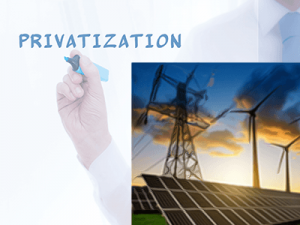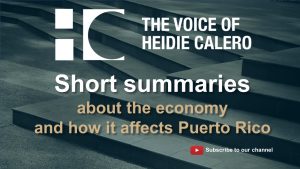
11/2019: The Fiscal Board’s Disingenuous Approach
PR’s fragile outlook may hit home sooner than expected
The Fiscal Oversight and Management Board’s (FOB) recent admission that there would be fewer reconstruction funds than originally expected, around $30 bn less, is a devastating blow to PR’s recovery efforts. Worse yet, the announcement carries a sense of foretold inevitability that erodes the FOB’s credibility as a guarantor of good fiscal practices. As result, the down scenario is now beginning to gain traction with the economic activity index having shown no gains during FY 2019 (in fact, it contracted slightly). Moreover, the process of reforms has been based on unrealistic and sometimes unfounded assumptions, such as the perceived damage caused by Law 80 on unjustified firings. In our opinion, there are risks in negotiating a debt restructure based on flimsy assumptions. Can these probable scenarios be changed?













